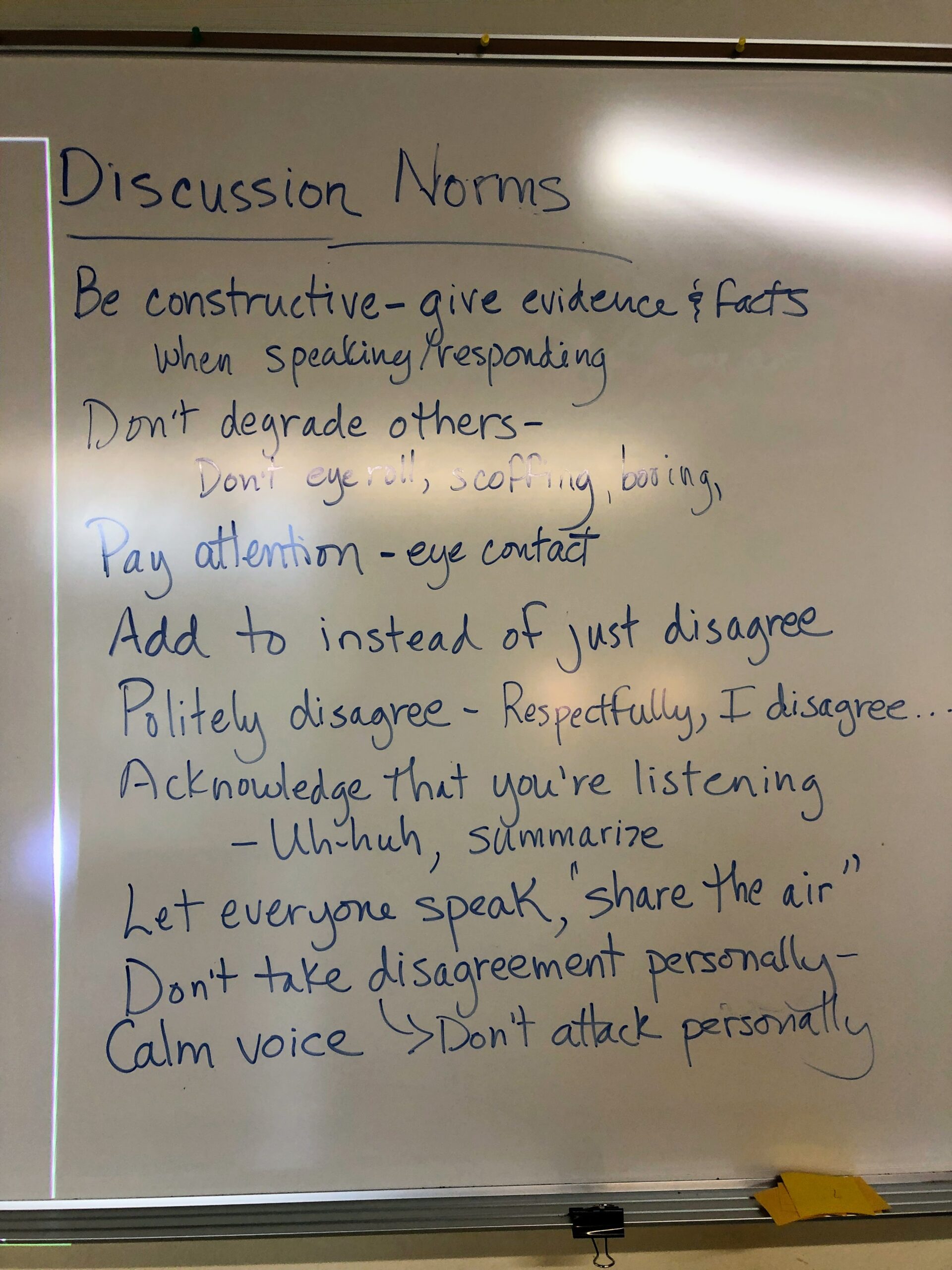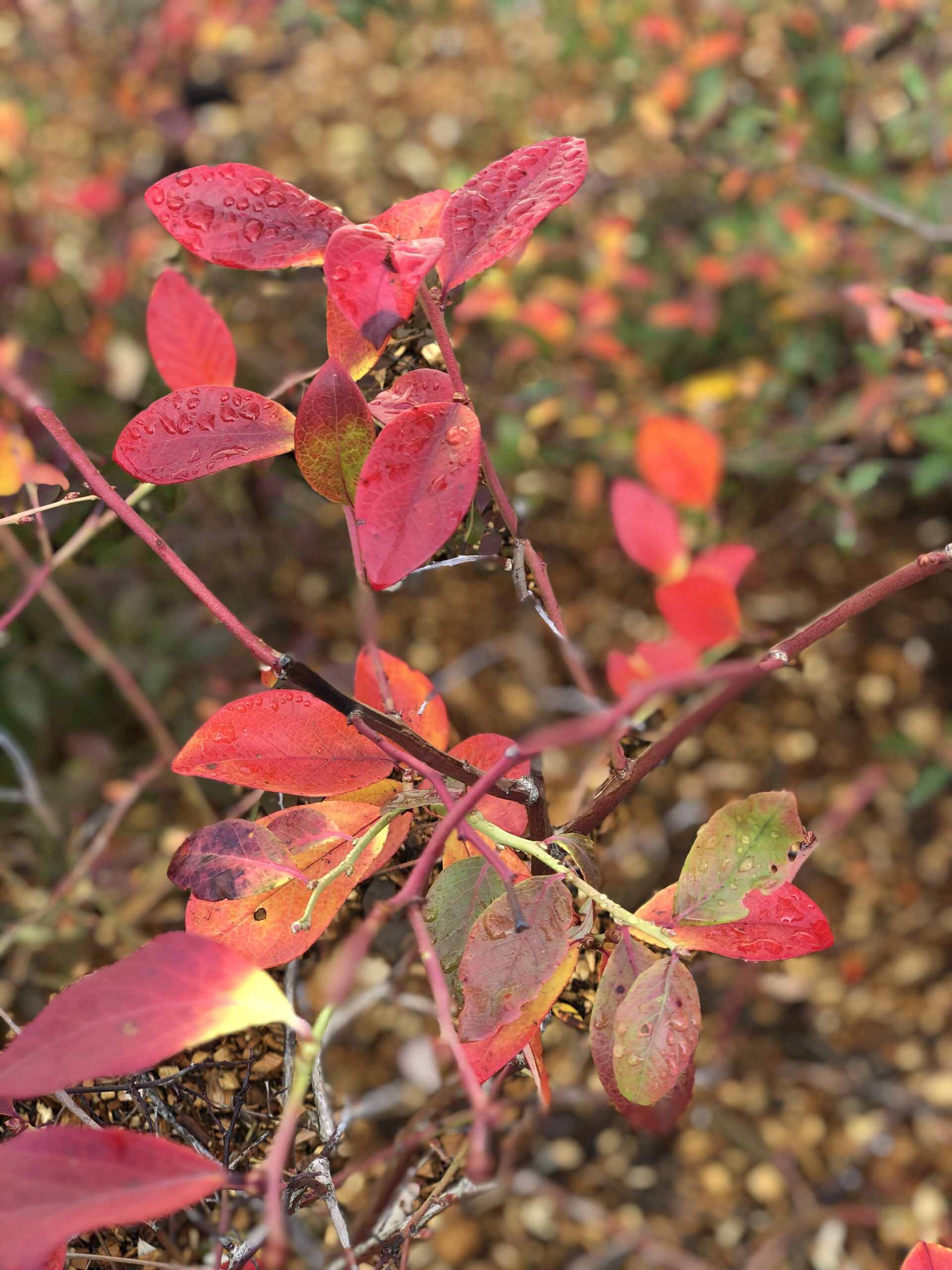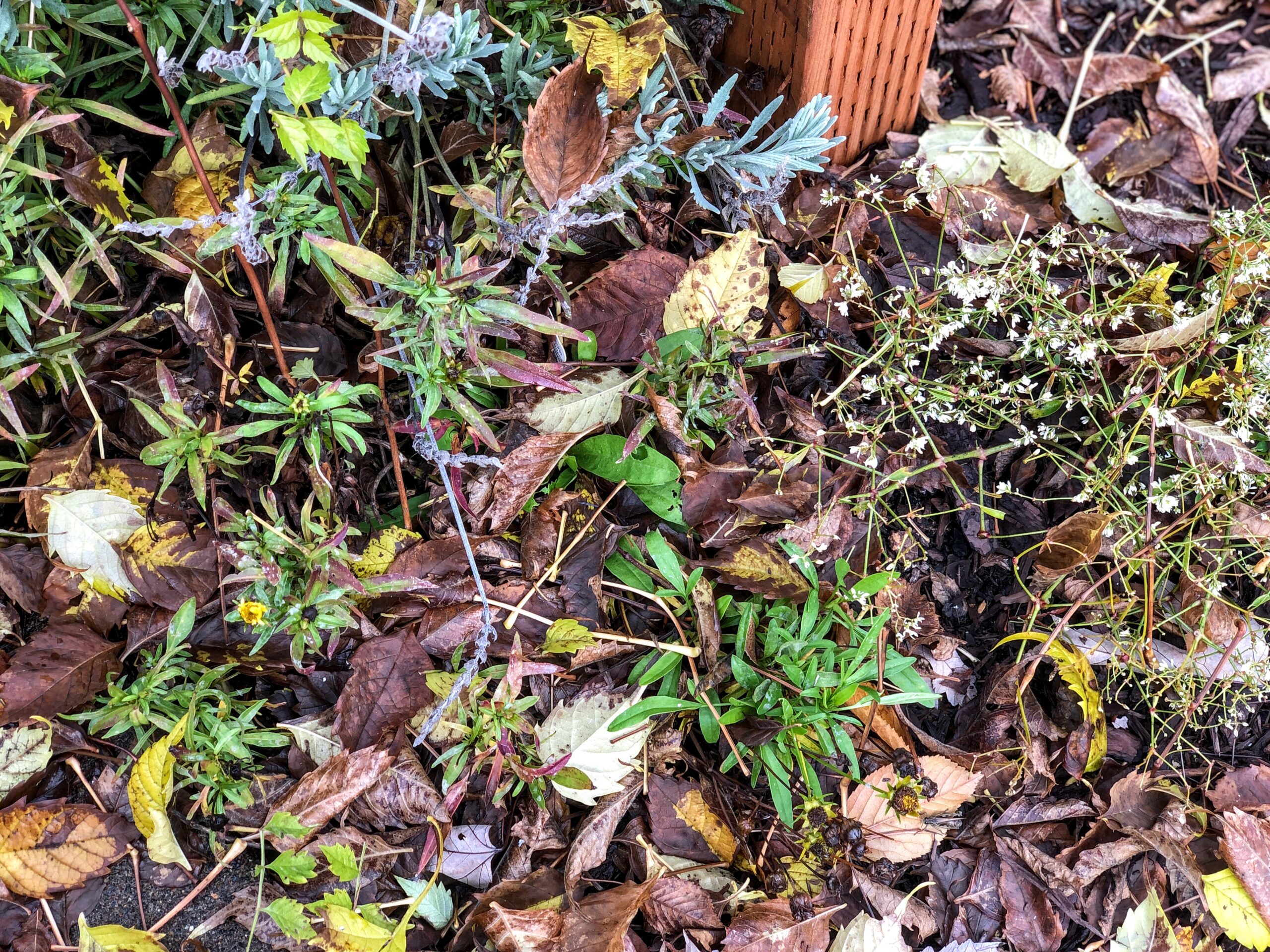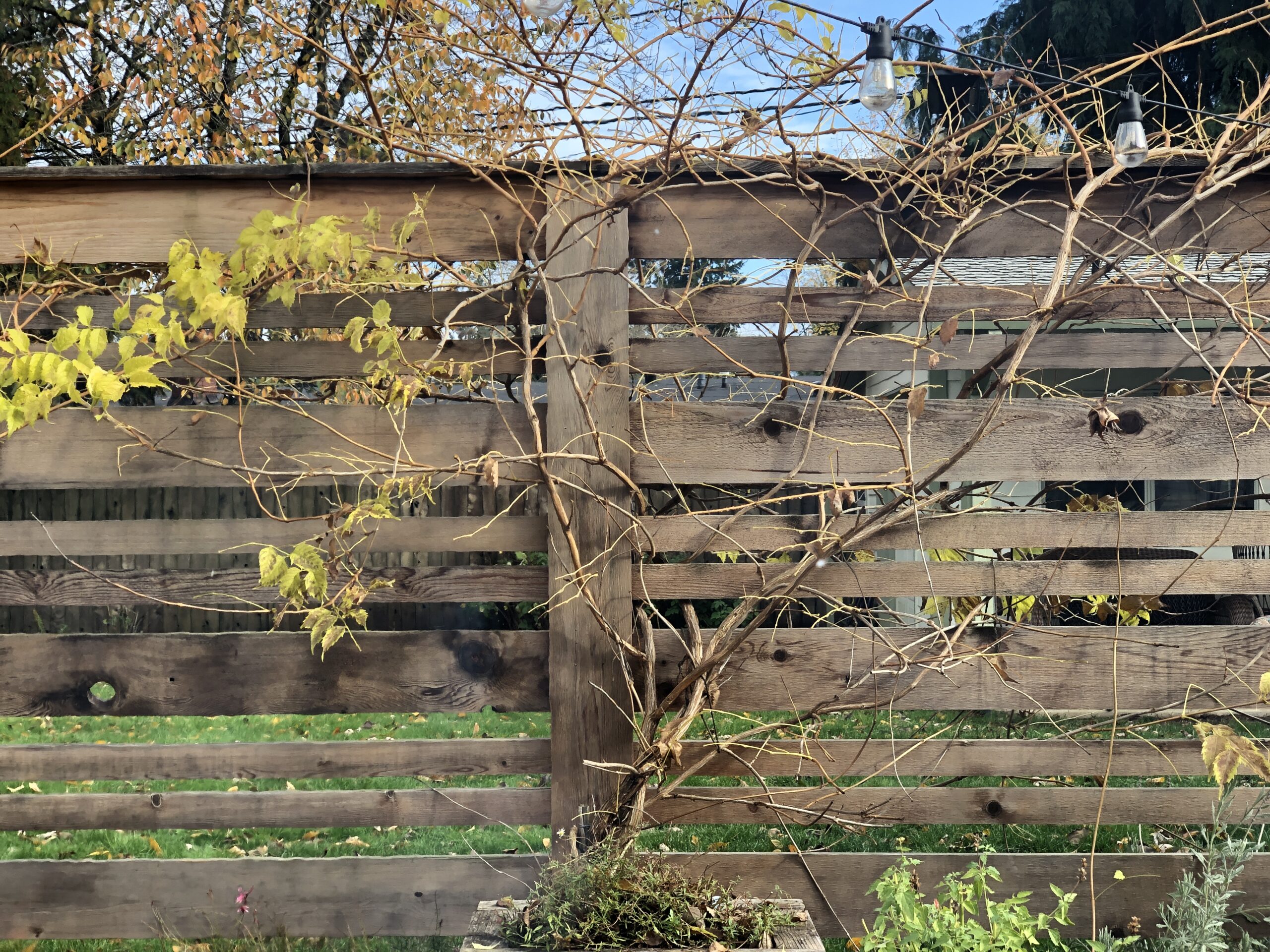There were the years I couldn’t fully enjoy the holidays because our gatherings were too different from earlier ones I’d loved. And now those lesser holidays are gone, too, our children grown and our dogs buried and our bodies both softer and more brittle than they’ve ever been. What I wouldn’t give to have moments of them back, even to hear my children bickering at the table again.
So I don’t wish any part of this year’s Thanksgiving away, even though the TV is on too loud and is too full of commercials for sweaters and tools and jewelry and perfume and red and green and sleigh bells and news of coming floods. Even though we spend too much time sitting in front of it and even though I miss those who aren’t here.
In the mornings my parents and brother and I watch Perry Mason and Leave It to Beaver and The Rifleman. On Friday my daughter–stuck in immigration limbo in another country–sends me an Instagram post about Thanksgiving and cultural hegemony and how simply rebranding Thanksgiving upholds colonization. (I haven’t seen her in more than a year. I don’t know when I will again, or how each of us will have changed by the time we do, what things about each other we’ll be surprised by because FaceTime will not have revealed them. My missing her is so deep it’s not even an ache. It’s something I don’t have a word for.)
Yes, I think. And.
I want to answer her, but I don’t know how to say how it is for me.
I know what the holiday is and isn’t and I care but I will not give up being with the people I love. Not because I’ve been conditioned or socialized to want it. I want them because they are me, they are mine, and they are still here and I can.
My mother and I spend some of the holiday agonizing over a decision about attending a Christmas party with extended family this year. My mother is now the oldest of us, a development I once understood would come to be, even as it felt impossible, then, that one day all those who came before her would be gone.
I’ve reached a stage where, on a good day, I am more grateful for what remains than mournful for what I’ve lost. (Will that be true when only my generation is left?)
We decide we should not go to the gathering. Risk-reward calculations are so difficult now. Are we saving ourselves for something our choices are taking from us?
My old dog whimpers when we come in the door on Friday after two nights gone. She’s too fragile to travel now, and she stayed home with my son, who spent the holiday with his dad and his siblings who have a different mother. I have to hold her for a good long time before her body stops trembling. I wonder what she felt while I was gone, if she wondered if I’d return. I hope not.
That night we watch Ted Lasso who says, about parents, that he has learned to love them for what they are and forgive them for what they’re not, and I wonder how things might be if more of us could do that about all kinds of things. I wonder if we could, or should. (I wonder if my children will do that for me.)
Maybe that’s an idea that makes it easier for those with relative comfort to remain comfortable.
Maybe not.
I don’t know.
My son sits down on the couch next to me, to check in with his old dog who isn’t leaving my side. I’m so grateful he was able to care for her while I was gone. I’m so grateful he’s here.
I think about the year he was in second grade, when, the week before Thanksgiving, I read him a story about Natives and Pilgrims and the origins of the holiday, and he told me it made him sad, that he didn’t feel good about the holiday. As his nose touches our old girl who now, like a baby, wakes mostly just to eat and poop, I remember all the versions of boy and dog each of them has been, and I want the moment to last forever, even as I know that all I might hope to hold onto is an image of it, and that the wanting has turned the moment to memory before it is even over.














